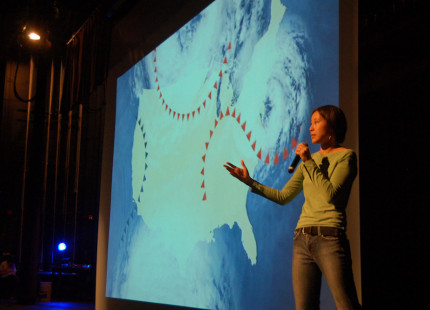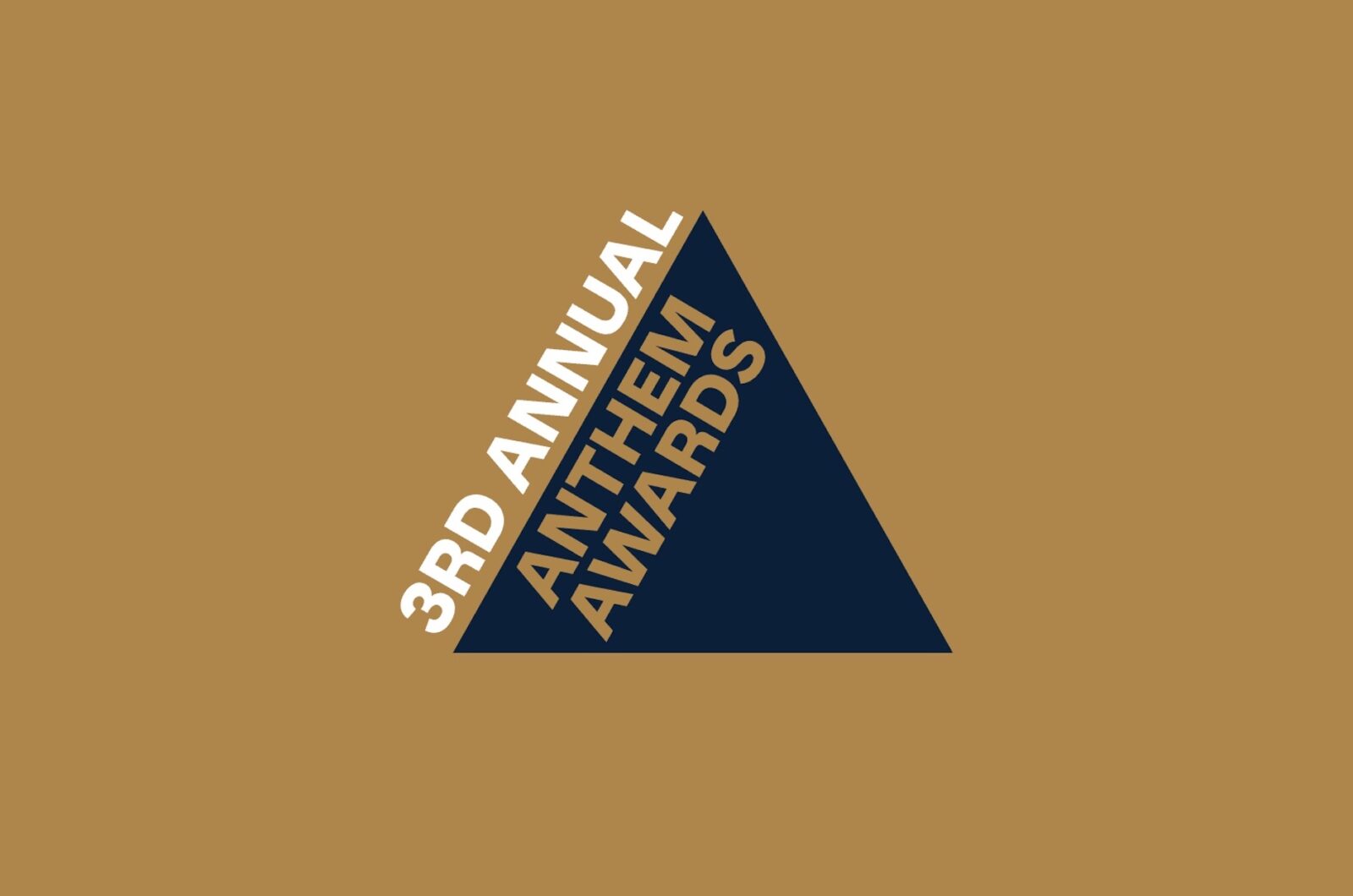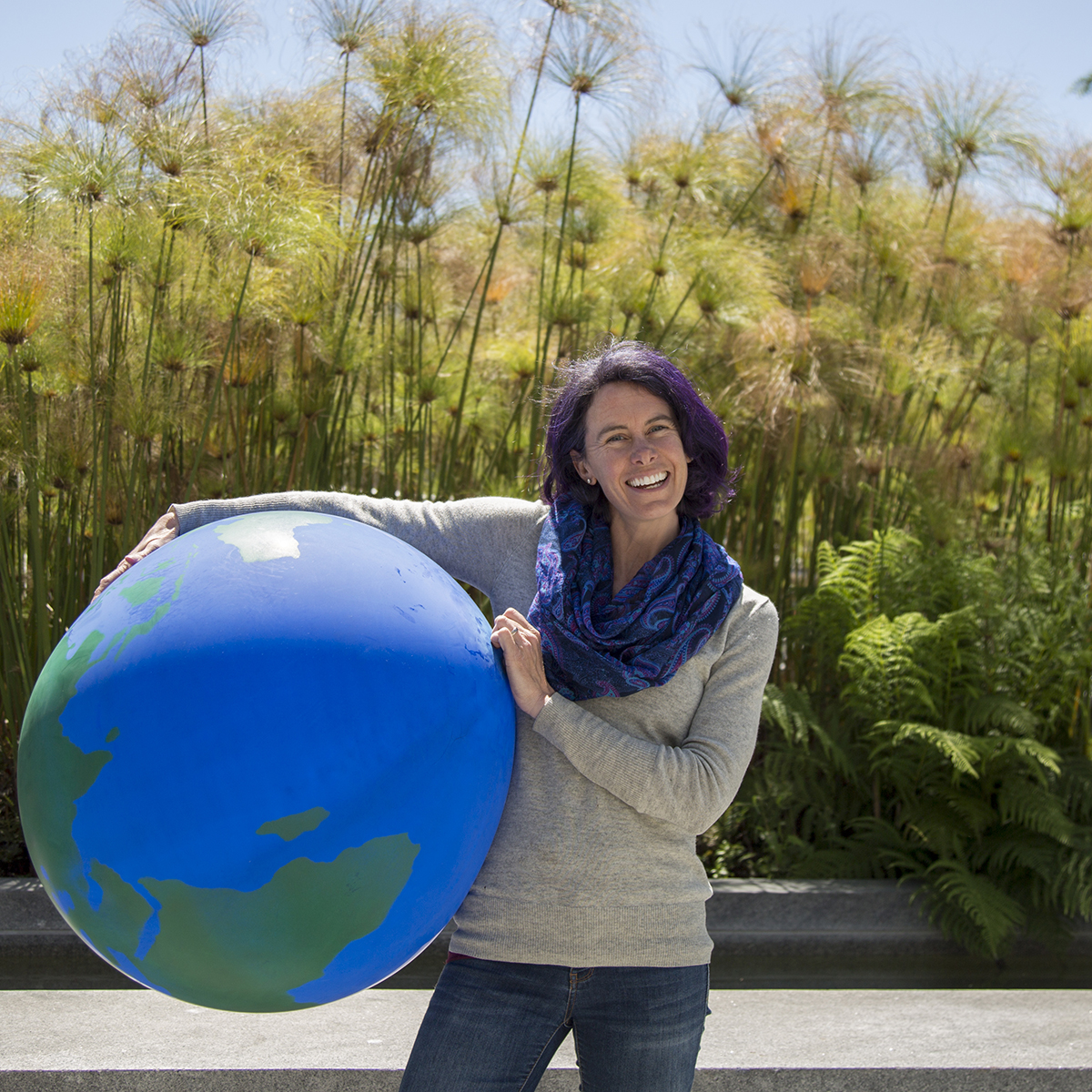A Teacher’s Guide to Fake Climate Science
Rebecca Anderson
|May 26, 2017

In March, the Heartland Institute, a conservative think tank, sent a direct mailing to 25,000 science teachers, kindergarten through college, nationwide. The mailing included a booklet titled “Why Scientists Disagree About Global Warming” and a DVD. According to a Frontline report, this mailing will ultimately go out to all 200,000 K-12 science teachers in the country.
If you’re like me, your alarm bells might already be ringing. Why? Scientists DON’T disagree about global warming. A series of studies has consistently shown that the vast majority of climate scientists – 97% – agree that humans are the main cause of climate change.
Unfortunately, far fewer than 97% of Americans know about this consensus. A recent study in the journal Science showed that only roughly half of science teachers (54%) teach that humans are responsible for climate change and 31% of science teachers give mixed messages to students that scientists believe that natural factors are responsible.
When countering misinformation, lead with the factual information first as the headline.
In response, ACE is offering several resources that teachers can use to counter misinformation in the classroom:
1. High-quality climate education resources
Finding great resources to use in your classroom can be challenging and time-consuming. To save you from hours of Googling, here are a few of our favorites, guaranteed to be scientifically accurate, learning-rich and engaging:
Our Climate Our Future — This online climate education resource from ACE is a collection of short videos on climate science, impacts, and solutions, mixed with interactive trivia. It’s supported by a full suite of teacher resources including several hands-on lesson plans that require minimal materials, can be fit into a single class period and are aligned with the Next Generation Science Standards (NGSS).
CLEAN — The Climate Literacy and Awareness Network (CLEAN) collection is an online catalogue of over 600 of the best climate and energy educational materials available online. Each lesson is vetted by educators and scientists before joining the collection. All materials have been recently aligned to NGSS.
EEI — The Education and Environment Initiative is a visually gorgeous collection of full science and social science units for grades K-12, specifically focused on the state of California. (Even if you’re not a Californian, check them out. The National Geographic-made graphics are stunning.) California educators can order full printed classroom sets. Topics include: climate change, water resources, agriculture, native history and more.
2. How to know your students’ brains
The science of psychology can help us better understand and counteract previously-held notions and deep-seated beliefs that can make it frustratingly difficult to change people’s minds. John Cook of George Mason University has done extensive research into how people think about climate. His insights can help you more effectively teach about this sometimes polarizing subject with your students:
- Exposing misinformation strategies can reduce their effect, or “inoculate” them against the misinformation. When people are taught about strategies such as “false balance” (where the media pits a fringe opinion against an expert to create a debate) and “fake experts” (where people without expertise in a field are held up as an expert), learning about these strategies makes them less effective. Here’s one article that explains the concept.
![A Teacher’s Guide to Fake Climate Science 2]()
![A Teacher’s Guide to Fake Climate Science 3]()
- When countering misinformation, lead with the factual information first as the headline. Leading with the misinformation first often only reinforces it.
- Using graphs and other informative visuals can be more effective than words at conveying information to a skeptical audience.
- Learn more about mental models and how to correct them in The Debunking Handbook from Skeptical Science.
3. Push back against Heartland Institute
When talking to colleagues about the Heartland Institute mailing, here are some points to counter the rhetoric in the booklet:
- Several independent, peer-reviewed studies support the statistic that 97% of climate scientists agree about human-caused climate change. Read more about the underlying research from the National Center for Science Education.
- Climate change is already impacting millions of people globally. Rising sea levels, heat waves, drought and air pollution are only a few of these impacts. Most often, the poorest and least responsible for climate change are the ones who bear the brunt of the burden. Stating that climate change will “probably not be harmful” is an offense to those already suffering from climate change.
- The International Governmental Panel on Climate Change (IPCC) reports commissioned by the United Nations are some of the most thoroughly researched climate change publications ever produced. They are written by hundreds of scientists and peer-reviewed by thousands more. In contrast, the NIPCC which the Heartland booklet cites, is an example of a “false balance” – a single report funded by the Heartland Institute and written by a small group of authors with the purpose of trying to refute the IPCC.
Take a stand against deliberate misinformation campaigns like the Heartland Institute’s. Sign our pledge to stand against junk science in the classroom. Have you had an experience related to the Heartland mailing? Email me: [email protected]
Join our Youth Action Network
More Blog Posts

Our Climate Wins Were on Display at the State of the Union
Today, the Biden Administration temporarily halted all pending decisions on 17 Liquefied “Natural” Gas (LNG) projects across the Gulf South.
Read More
ACE Honored As An Anthem Awards Finalist
Action for the Climate Emergency (ACE) announced today that it won Bronze in Best Use of AI at the 3rd …
Read More
BREAKING: Biden Halts LNG Export Expansion
Today, the Biden Administration temporarily halted all pending decisions on 17 Liquefied “Natural” Gas (LNG) projects across the Gulf South.
Read More


